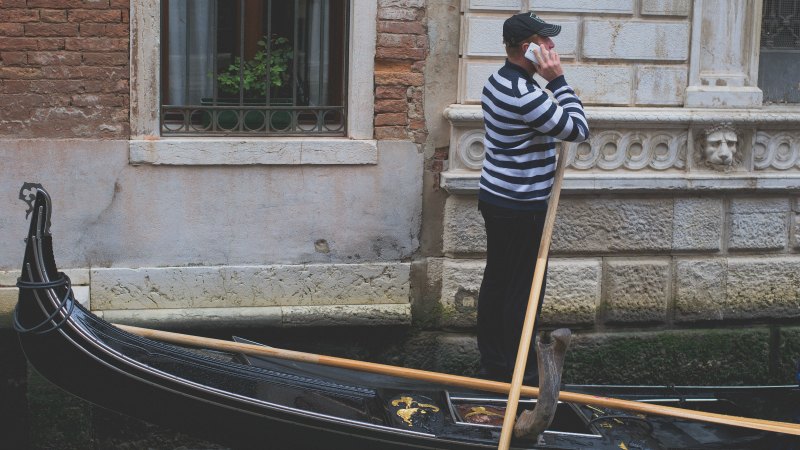Per la versione italiana clicca qui
23 March 2020 (Brussels, Belgium) – “There is an app that can monitor Covid-19 contagions through coronavirus-positive contact tracing.” The Italian government is seriously considering this possibility, inspired by the successful containment model used in South Korea. This was confirmed by the Minister of Autonomies Francesco Boccia over the weekend after meeting with Walter Ricciardidid of the World Health Organization. Scientific advisor to the Minister of Health Roberto Speranza, explained that:
“by identifying all infected people and their contacts early on, we could ensure that those who do not have problems circulating freely”.
Already today, according to La Stampa, the work of a dedicated task force will start, under the guidance of Ricciardi himself. The Minister of Innovation, Paola Pisano, said that there is no reasoning “on how to track movements but whether tracking is the right answer to save lives”. Italy’s Data Protection Authority has already made it known that the legislation on the protection of personal data “already contains in itself the tools to deal with emergencies such as those we are experiencing”.
The China/Korea study: data reduces the time needed to reconstruct chain of infection. The opportunity to track movements using mobile phone data has been corroborated which it is essential to stop the epidemic. The research was developed by a team of scholars led by the Italian Luca Ferretti of Oxford University and funded by the Li Ka Shing Foundation in Hong Kong. The experts analyzed a sample of pairs of Chinese patients, for whom the transmission of the virus from one infected subject to another healthy one was ascertained, to estimate the characteristics and dynamics of Covid-19. The incubation period lasts an average of 5.5 days and the virus takes an average of 5 days to transmit from one infected subject to a healthy one. The reconstruction of the chain of infection is laborious, depends on patients’ memories and involves investigative work that takes more days than it takes the virus to transmit. According to the authors of the study, however, the delay can be easily reduced to zero with the use of real-time information by installing an app on the smartphone of people at risk.
The app “understands” if there is an outbreak in the area. Luca Foresti, physicist and CEO of there network of specialist clinics Centro medico Santagostino, plus Giuseppe Vaciago, lawyer and sensitive data protection expert, and the technology companies Jakala, Bending Spoons and Geouniq are already working on an ad hoc app. Said Foresti:
“We want to build a technological system that can go into the hands of the institutions to help them manage the crisis: considering that it will not be short and will have a growth, it is important to have tools to track what is happening in the territory”.
The technology at the base of the app allows, starting from geo-referenced and anonymous data:
• to identify movements and interactions of people
• collects a clinical diary such as the onset of fever and other symptoms, and
• on the basis of geo-referenced information for example understands, long before arriving at the hospital, that there is an outbreak in an area.
Tracking also makes it possible to understand which people the subject has come into contact with and whether self-quarantine has taken place. In South Korea, all data collected with the Corona 100m ad hoc app, including the movements of people found positive, are available to citizens who can view them on a map.
Privacy issues? It becomes complicated. Giuliano Noci and Alfio Quarteroni, professors at the Politecnico di Milano, together with Ottavio Crivaro, have launched a petition on change.org with the hashtag #donaituoidati. The idea is that citizens make their health data available to allow early detection of new outbreaks of Covid19 and timely intervention:
“Reasons of public interest should allow data to be processed without consent”
What about privacy? Giuseppe Busia, Secretary General of the Guarantor Authority for the protection of personal data, stated in an interview:
We are fortunate to live in a democratic order and for this reason some forms of generalized and pervasive control that we have seen adopted in China would not be possible. However, data protection legislation already contains in itself the tools to deal with emergencies like the ones we are experiencing”.
In particular, privacy lawyers point out that even very sensitive data, such as contagious data, can be processed even without the consent of the data subject when this is necessary for reasons of public interest, such as in the case of serious cross-border threats to health. However, they say, this should be done on the basis of transparent legislation, including appropriate and specific measures to protect the rights and freedoms of individuals.
